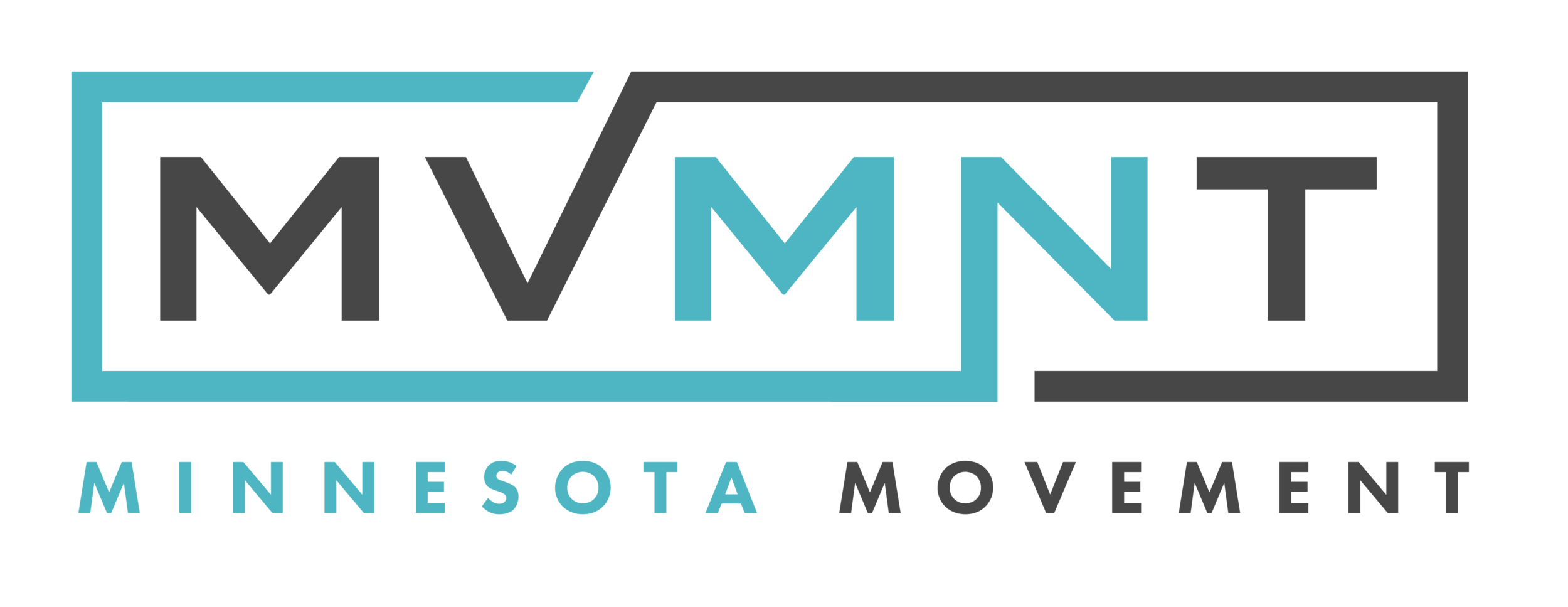SHUT. YOUR. MOUTH! / Nasal Breathing
Did you notice that? Yeah, did you notice your last breath?!
As you clicked on this link, you definitely took a big ‘sigh’ breath through your chest. Do you know how often you do that every day? No? That’s okay because breathing should be mostly subconscious. That is, we shouldn’t have to think about every single breath we take throughout our days.. or while we sleep.
Luckily for us, breathing is also one of the only autonomic movements we have that we can also consciously control. Unlike one of the other autonomic movements you classically know of, digestion, we can choose to take a breath or not to. We can choose how big of a breath we want to take vs. how small of a breath we can take. We can also choose HOW we take that breath. Whether that’s through our nose or through our mouth.
Both allow air into the lungs which brings oxygen to our bloodstream. But one is largely better for us while we’re at rest and the other is great for us while we’re working hard. I’m guessing you know which one is which?
While at rest (parasympathetic nervous system drive) we should be mostly nasal breathing. Merely by breathing through our nose, we stimulate more diaphragmatic inhales and exhales. Our Parasympathetic Nervous System is known as the ‘rest and digest’ system whereas our Sympathetic Nervous System is responsible for the ‘fight, flight, or freeze’ response.
Now, which one of those systems do you think we should be tapping into while we’re sleeping?
Yeah, you’re right - the rest and digest system. Sleep is where we gain most of our recovery benefits day-to-day from. It’s a good thing we’re not having constant nightmares or sleep walking in a Sympathetic State.
That said, if we’re getting our beauty rest and trying to recharge our metaphorical batteries with a slack-jaw and mouth breathing the entire 6-8 hours.. we are definitely leaving some recovery on the table. Mouth breathing while counting sheep is draining your system from the ability to wake up actually feeling rested and full of energy.
There it is! Now that you know all this fun information it’s as simple as just shutting your mouth while you sleep! You’re welcome.
Yeah, yeah, yeah. That was a joke. It’s not that simple.
What can we do about it? Well, the first step is being aware of your breathing patterns. Here’s a simple checklist to figure out if you’re breathing mostly through your mouth while sleeping:
Do you wake up with chapped lips?
Do you have to urinate 1-3 times throughout the night?
Do you suffer from nasal congestion for the first 1-3 hours of the morning?
Do you snore?
Do you wake up frequently to get a drink of water?
Do you struggle to find energy throughout the day?
If you answered “yes” to any of the above questions, much less multiple of them, there is a really good chance that you’re breathing through your mouth while you sleep.
Tape your mouth shut.
No seriously.. tape your mouth shut while you sleep.
If this proposed solution already made you panic - you’re not alone. If you’re a chronic mouth breather it doesn’t surprise me one bit that you would feel a little scared by the idea.
But I’m serious. Taping your mouth (or at least part of it) shut is a phenomenal way to encourage more and more nasal breathing. Not only while you sleep will you be more likely to breathe this way, but it will carry on into your day to day life as well.
Start by putting some chapstick on so we don’t irritate your lips. Then, apply a SMALL strip of kinesiology tape over the middle of your mouth from upper lip to bottom with a loose jaw. This is important! We’re not taping our entire mouth shut. You should still be able to breathe through the sides of your lips and carry a mumbled conversation with your significant other.
Again, be mindful that you might fight the feeling of this at first. That’s fine. You’re likely to wake up with many pieces of tape randomly tucked in around your pillow or in your sheets from ripping them off in the middle of the night. Eventually you will get used to it - even crave it.
Give yourself at least four weeks of this habit and I can almost promise you that you’ll notice major changes.
Some of these changes aren’t even the ones mentioned above. Breathing more through our nose alleviates the need for accessory (chest/rib) breathing as well. This should help alleviate a lot of neck tension, headaches, as well as potential Thoracic Outlet Syndrome symptoms such as numbness and tingling into the hands and fingers.
Want to learn more about breathwork?! Check out this amazing book by Harvey Martin.



